Student Coalition Condemns Bret Stephens’s Class Day Invitation in Joint Statement
The statement, coauthored by six student organizations, called Stephens a “racist ideologue” and has garnered nearly 300 signatures.
New York Times columnist Bret Stephens was announced as the speaker for the 2023 Class Day ceremony in a press release on February 22.
June 2, 2023
A coalition of student groups condemned the University’s invitation of New York Times columnist Bret Stephens to speak at the June 2 Class Day ceremony.
The statement was jointly written by #CareNotCops (CNC), Students for Justice in Palestine (SJP), Students for Disability Justice (SDJ), UChicago Against Displacement (UCAD), UChicago Democratic Socialists of America (DSA), and the Environmental Justice Task Force (EJTF). As of May 31, 269 University students, faculty, staff, and alumni have signed the statement.
Stephens, who graduated from the College in 1995 with a degree in Fundamentals: Issues and Texts, has written for The Wall Street Journal and served as editor-in-chief of The Jerusalem Post before moving to the New York Times in 2017. He won the 2013 Pulitzer Prize for Commentary “for his incisive columns on American foreign policy and domestic politics, often enlivened by a contrarian twist.” He was named the University’s 2023 Class Day speaker in a February 22 news release.
The statement criticizes Stephens of supporting the U.S. invasion of Iraq, denying climate change, criticizing the Black Lives Matter movement, and holding a general “disregard for Arab life,” among other concerns.
“Stephens’ invitation exposes the fundamentally reactionary orientation of University administrators and their disregard for the perspectives of marginalized peoples, including their own students,” the statement reads.
“While the focus of the statement is on Stephens, I think it’s also using Stephens as a case in point about how things like fossil fuel investment, displacement of Black communities, and displacement of Palestinian villages are all connected,” said SJP representative Christopher Iacovetti in an interview with The Maroon. “He’s a personal illustration of how connected these systems of violence are.”
In an email to The Maroon, Stephens responded to the statement.
“I read the coalition statement carefully. It is a caricature of my views. It is based on cherry-picked and misleading quotations and bad-faith readings of my work. It also borders on self-parody: To accuse me of being an “imperialist” sounds like 1960s agitprop. For the record, I am not an imperialist, a racist, or anything else the statement accuses me of being.”
In the email statement, Stephens countered that he had a more moderate ideology than what the statement suggested, pointing to some of his political views.
“The more mundane truth is that I’m a moderate conservative and card-carrying NeverTrumper who opposes the Dobbs decision, supports repealing the 2nd Amendment, and favors a two-state solution for Israelis and Palestinians. Last year, the Russian government banned me for life from visiting that country and Tucker Carlson calls me a ‘leftist.’ If this puts me beyond the pale of the ‘coalition,’ it says a lot more about them than it does about me.” (Editor’s note: Stephens included the hyperlinks himself in his emailed statement.)
UChicago DSA representative and third-year Andrew Basta told The Maroon that the coalition’s grievances go beyond the invitation of Stephens and apply to the University as a whole.
“All of our organizations in some way work against the University of Chicago’s current policies of exploitation and expropriation of its students, its workers, its residents, and its neighbors…. Bret Stephens is such an egregious example of this type of harm and violence,” Basta said.
“I think that we can get a lot more support over time. This statement is the first time that this coalition has ever spoken with one voice in a public way, and I would hope that it’s a prelude to more intense collaboration in years to come. And hopefully it draws people in from a variety of backgrounds,” said Iacovetti.
Stephens challenged the members of the coalition that wrote the statement to a debate.
“I urge the Chicago community to come and hear my speech and at least try to be fair-minded. I’d also be happy to publicly debate or be interrogated about my views by the principal author/s of the statement, perhaps in the afternoon after my speech or sometime in the fall term. My only condition is that you honor the Chicago principles and keep things civil and respectful. If we can agree to that, I’m sure we could find a suitable venue.”
Stephens is scheduled to speak at Class Day on Saturday, June 2, which takes place during the University’s Convocation Weekend. The event, which lasts from 2–4 p.m., will also feature student speakers and the presentation of College awards.


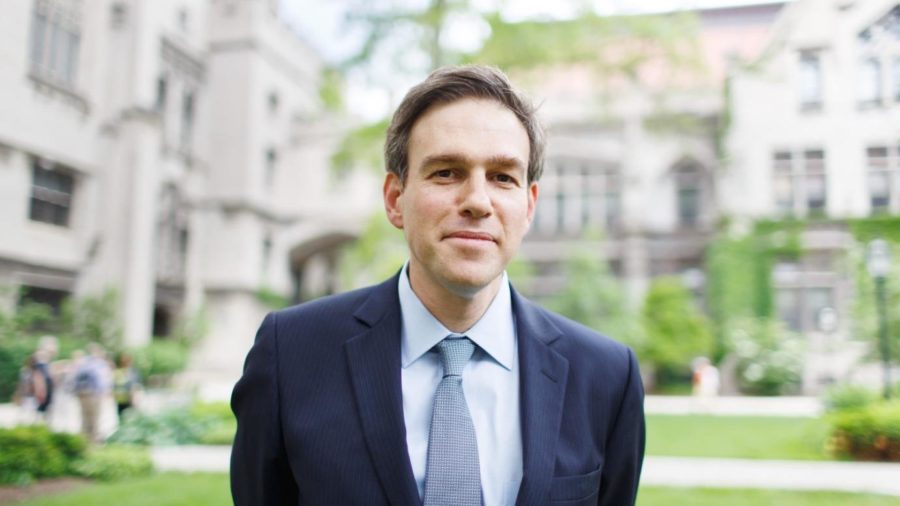
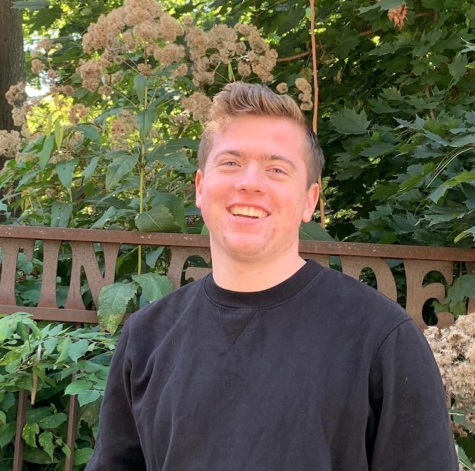
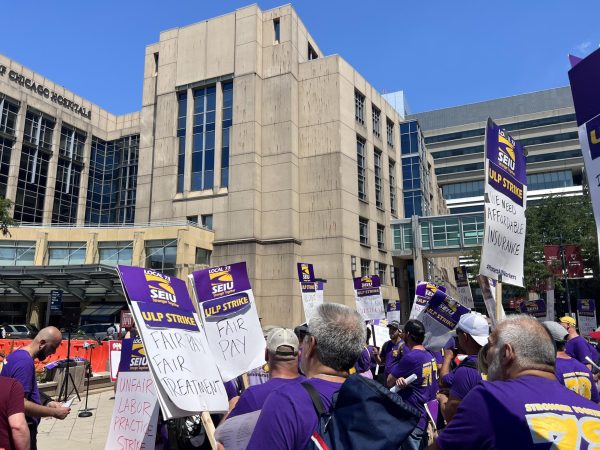
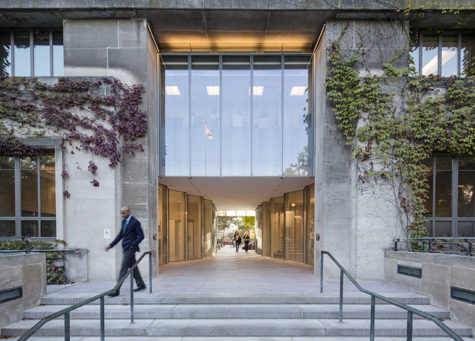
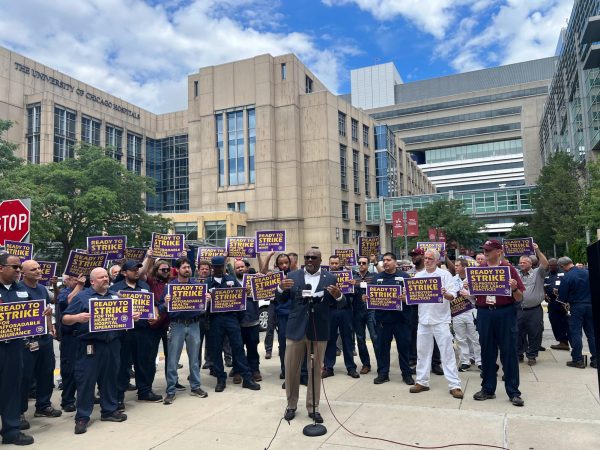

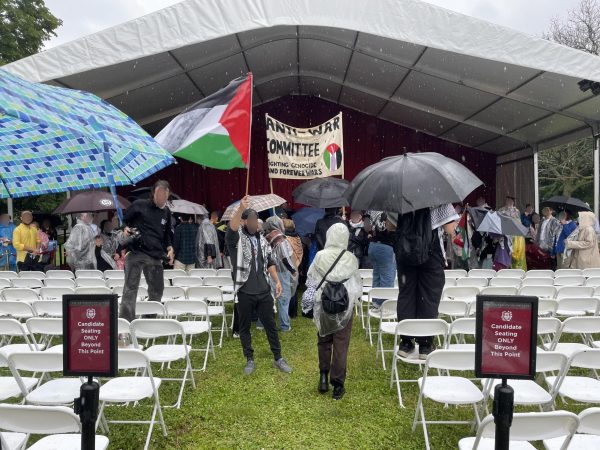
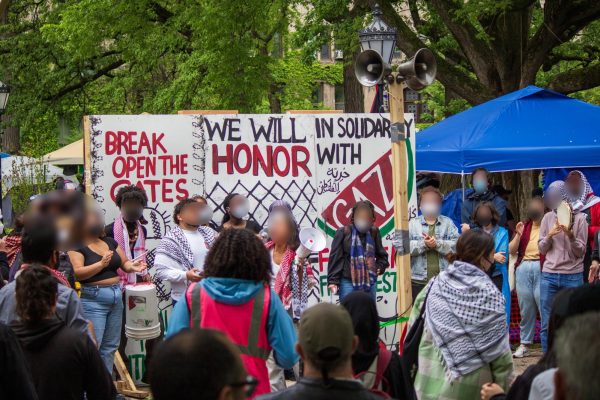
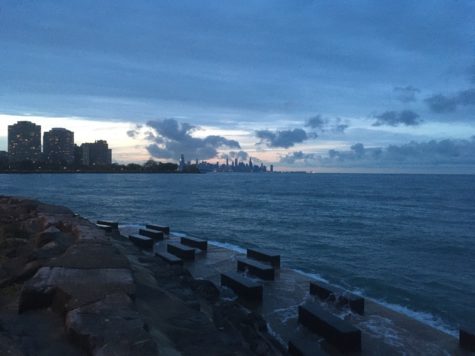
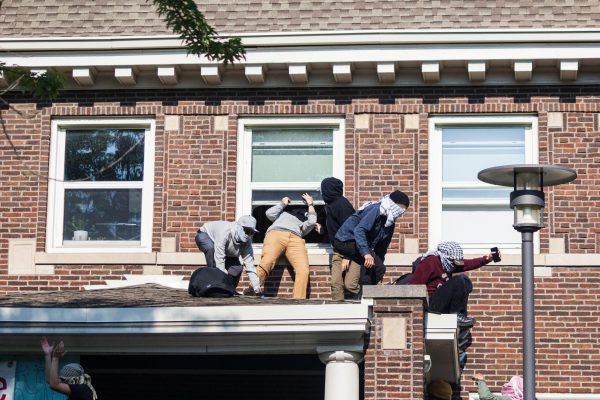
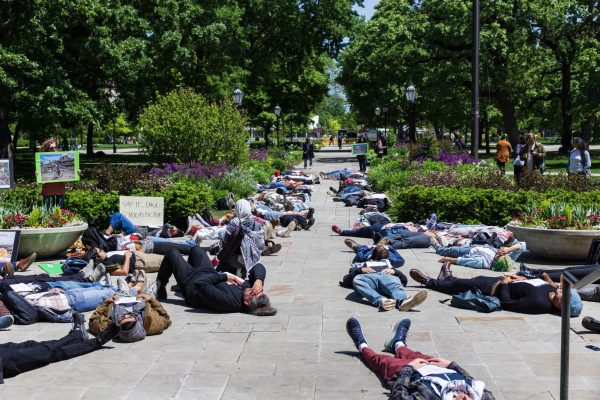
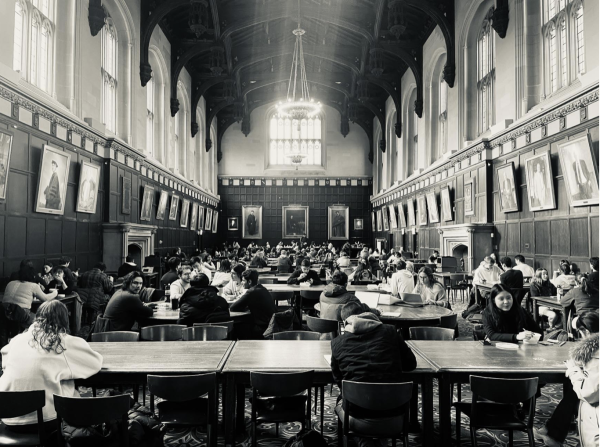
William Warmus / Jun 4, 2023 at 2:56 pm
I hope that the proposed debate between Stephens and UC students takes place in the fall. My only suggestion is that Gail Collins of the Times act as the moderator.